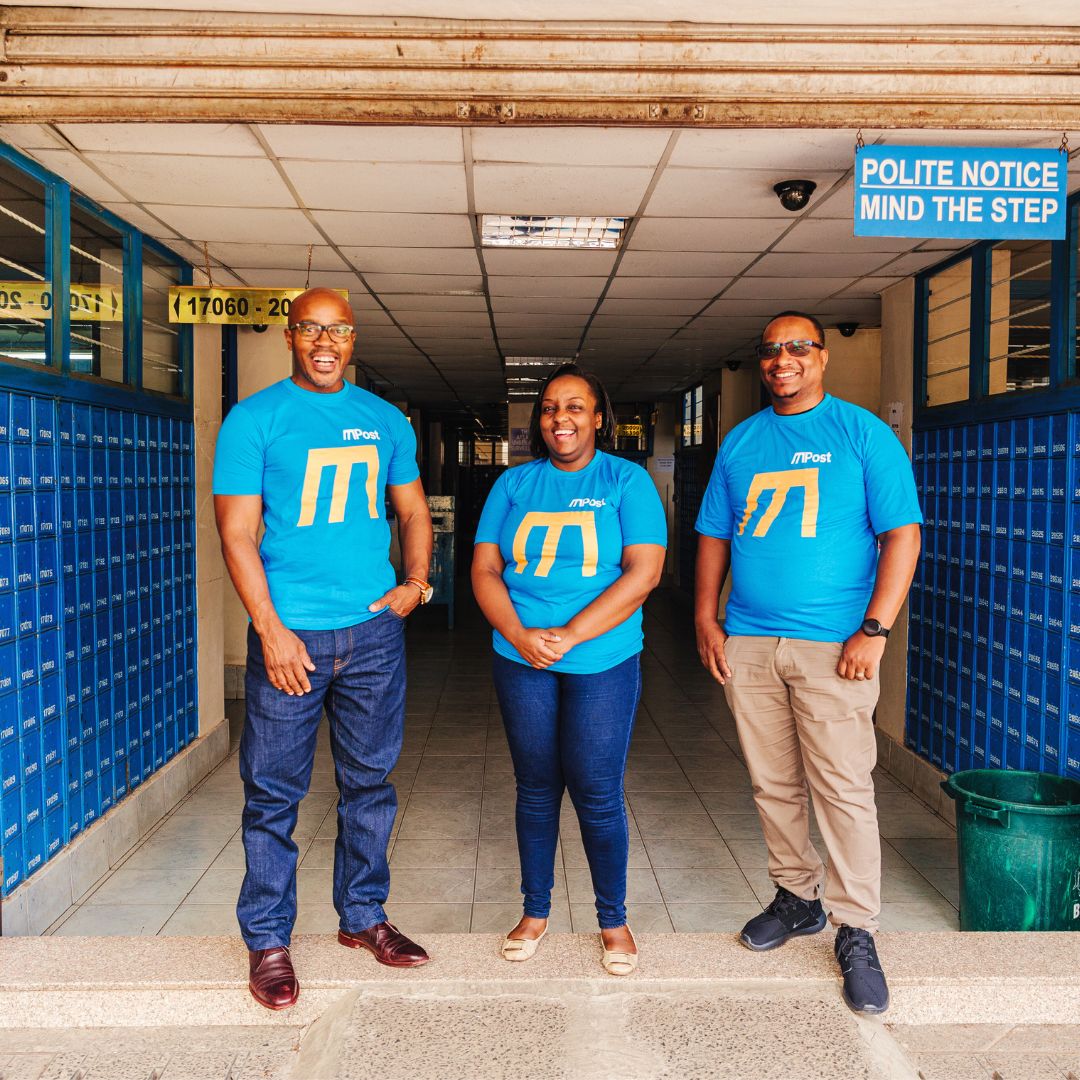In the heart of Africa's bustling tech scene, one long-standing startup remains steadfast in tackling a challenge that might not grab headlines: the lack of reliable physical addresses; a problem that plagues many developing countries.
MPost, a Kenyan startup, has developed a digital addressing system that turns mobile phone numbers into physical addresses, a solution that promises to revolutionise postal services and e-commerce in regions where traditional addressing is problematic.
MPost was founded in 2016 by Twahir Mohamed and his co-founder. The idea for MPost emerged from the founders’ frustrations with the inefficiencies and inadequacies of the postal system in Kenya. “We realized that people needed a way to receive parcels and important documents without the hassle of unreliable postal addresses,” Twahir tells WT.
Over 80% of the world's population lacks addresses, according to the UN. This disparity creates a ripple effect, hindering access to essential services like e-commerce, banking, and even receiving important documents. MPost's solution is inclusive in its simplicity: it leverages the near-ubiquity of mobile phones, allowing users to register their phone number as a verified address.
From the onset, the opportunity was clear: providing a reliable digital addressing system could not only improve the efficiency of postal services but also unlock the potential of e-commerce in regions with poor infrastructure.
Value Prop
MPost’s core innovation lies in its ability to transform a mobile phone number into a digital postal address. This simple yet effective solution allows users to receive parcels and important documents at their convenience. The system integrates seamlessly with the postal services, ensuring that deliveries reach the intended recipients.
Initially, MPost focused on individual users, particularly those needing reliable addresses for receiving government documents and parcels. However, as Twahir explains, the startup soon realised the broader applicability of their solution: “Our product can be used by corporates too, not just individuals. We can acquire users from corporate clients like insurance companies and banks who require address verification for KYC purposes.”

